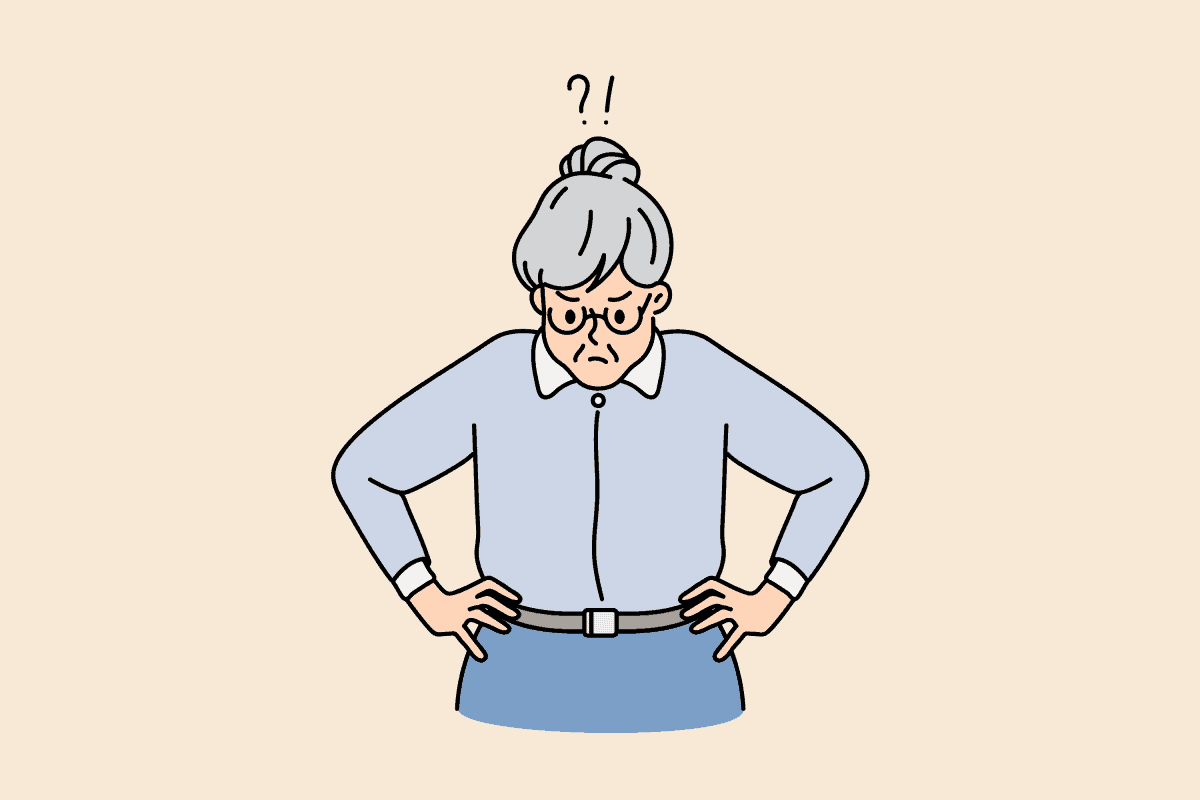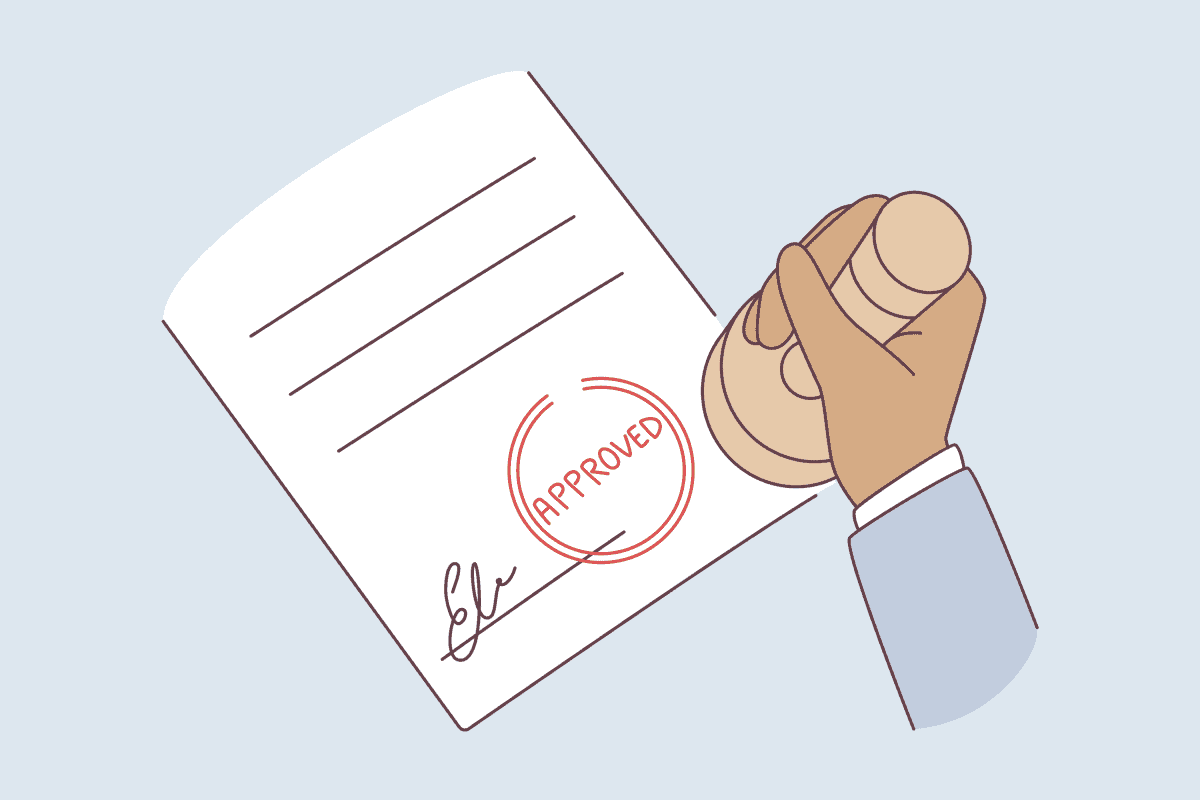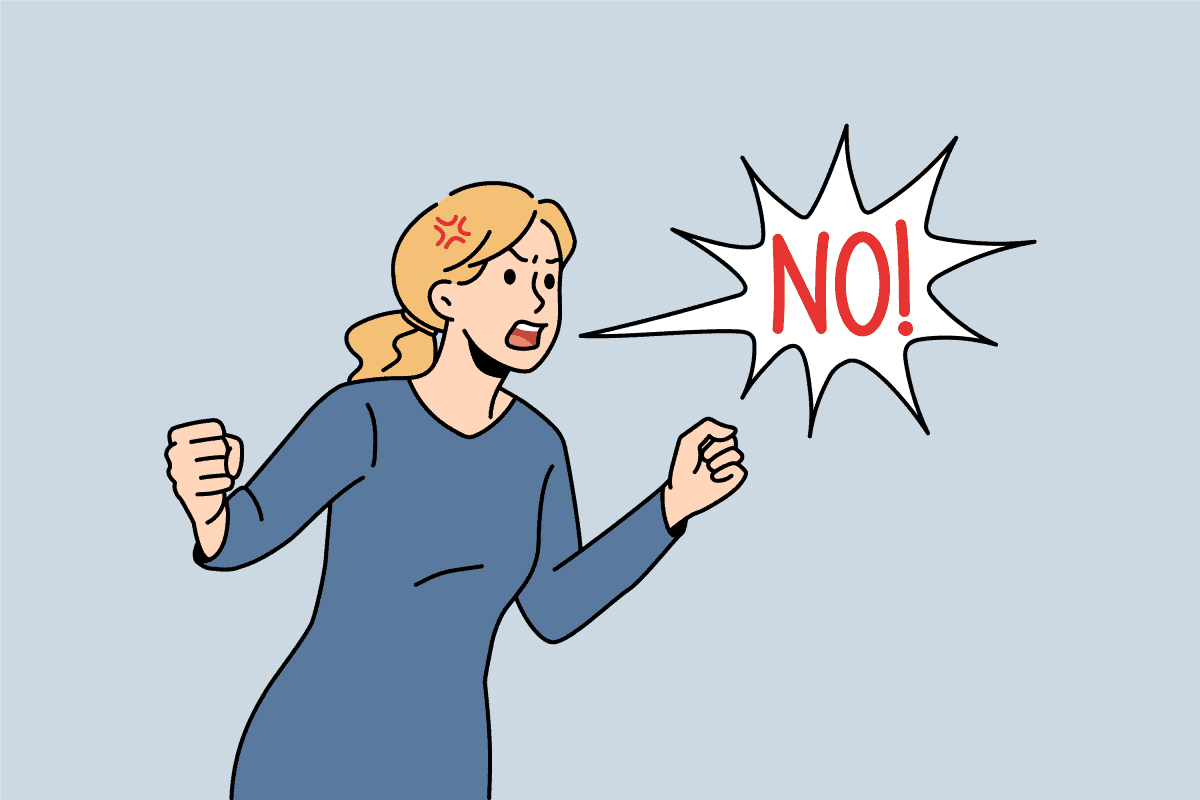Hyphenating Your Last Name After Marriage: Pros and Cons

Do you plan to hyphenate your last name after marriage? There's a vast array of name change factors that could impact your decision, beyond "does it sound good?"
This article will outline the pros and cons of hyphenating your last name, making the best choice for you and your spouse, and updating legal documents and identification cards.
The calm before the name change storm
Congratulations on tying the knot. You're in for… okay, we can't lie. While marriage is great, the wedding planning journey can overload your stress markers.
Of course, you must step back, take time to apply for your marriage license, and then determine whether it's even worth changing your last name after marriage.
Welcome to this brief hyphenated surname guide that will explain:
- What is hyphenation?
- Is it a good idea?
- Is it disrespectful?
- Will it impact your kids?
- How to legally hyphenate your name?
From tradition to modernity
Onetime, it was normal to expect a wife to take her husband's last name; abandoning her original name altogether.

Polite society saw the act of keeping her maiden name taboo. Eyebrows raised straight off their faces. Shocked to discover the bride dared consider such a radical act.
But times and culture have evolved. Today, more women are deciding to keep their original names, in one form or another, and it's met with far less hostility.
Nostalgia, family, and keeping the peace
There are many reasons to keep your last name in play. (Your family legacy, for one.) Here's hoping you have a supportive partner who understands why this approach appeals to you.
Still, the personal choice to retain your birth name may cause concern. Even if your spouse is okay with it, your in-laws might give you grief about your pick. (Your own family too.)

The naysayers—silent, gossipy, and vocal—may declare, "How dare you commit the selfish act of retaining your original identity after marriage?" What about the next generation?
But is there a win-win pathway? Yes, of course…
Ready, set, compromise
There are several decent ways to compromise on the whole "you wanting to keep your name and your spouse hating the idea" problem.
1. Create a new last name
Many couples decide to invent a new last name to share, creating a unique identity together. By doing so, they tackle the legalities of the name change process together.
Do you prefer to fabricate a brand new family name without precedent? Then you may have to file a court petition for a court ordered name change.
2. Hyphenate: the happy medium
The most popular compromise is to hyphenate your last name and your spouse's last name. This allows you to keep using your own surname while adopting your spouse's surname.
What is a hyphenated name?
A hyphenated name is when you join two last names with a hyphen (-). It's also known as a double surname. For example, Ms. Hall marries Mr. Miller to become Mrs. Hall-Miller.
Two last names vs. a hyphen
A hyphenated name shouldn’t be confused with a double-barreled surname, which has no hyphen and typically uses a space to separate surnames.

A hyphenated name is considered one last name, not two separate, independent names to be switched back and forth on a whim.
For instance, when alphabetizing a hyphenated name, the first part comes first. For a space-separated, double-barreled name, the last part would come first.
The hyphen makes it obvious for most people that you have two names, avoiding the confusing error of mistaking part of your last name for another segment.
Is hyphenation even legal?
Name change through hyphenation is legal. It's valid as taking your partner's last name as-is. It's no more or less lawful than any other name change through marriage.

Federal and state agencies will accept your new hyphenated name after marriage, from the social security office and passport agencies to motor vehicle departments.
Which last name goes first when hyphenating?
Either you or your spouse's surname can come first or last when you hyphenate last names. And you should always capitalize both names in a hyphenated last name.

There's no hyphenation law or rule. Traditionally, the wife's last name has been placed first and the husband's last name last in hyphenated names, but that's just a convention.
For example, if Adrian Brown marries Drew Davis, the hyphenated last name could be Brown-Davis or Davis-Brown. It's up to you whose name comes first or last.
If you're having trouble deciding whose name goes first, just go with whichever sounds better or flows more naturally when you say it out loud.
If your partner is hyphenating too, they can sync their last name order to equal yours, or reverse it. It's unorthodox, yet okay to have different last names.
Pros! Why is hyphenation a good thing?
Compromise is the biggest reason so many people choose to hyphenate their names. You keep your identity while you honor your commitment to your new spouse.
1. Guarding achievements
Hyphenating your name is a great way to stay connected with what you've accomplished in life before getting married. (There goes the win-win we alluded to earlier.)

For example, many people choose to hyphenate their names because they've earned higher educational degrees and certifications under their maiden names.
They want their identities associated with work they've published or publicized. Losing or obscuring years of recognition for a change of name is an avoidable sacrifice.
The same logic applies to men who take their wives' names and same-sex couples. Sustaining your individuality and title is an understandable pursuit.
2. Bucking tradition
You can take your spouse's surname as-is, or you could hyphenate it. There's no compelling reason to avoid two names, other than convention.

While name change traditions may be hard to break, they're not:
- Rooted in good sense
- Based on any legal rationale, or
- Beyond what people have just done by default
3. Linking your personal and professional identity
A giant reason to consider hyphenation is to preserve your profile in your community—the persona you've spent your whole life building.

Hyphenation can help bridge the gap between your personal and professional life. Providing an off-ramp if you're wary of giving up your accomplishments and name.
Further, hyphenating makes it easier for friends, family, and colleagues to transition to your newfound name since they'll have something familiar to latch onto.
Whether you're a doctor, lawyer, nurse, or other professional, name recognition among your peers and community is important, and a hyphenated last name helps sustain awareness.
Cons! Why might hyphenation be a bad thing?
"I wish someone had told me these problems could've happened after hyphenating," is a huge struggle worth avoiding by considering the following potential shortcomings.
1. Outdated, legacy software and computer systems
Hyphenated names are harder for computers to handle. Deficient software may not recognize the hyphen as an accepted special character when you input personal information.

Apps and databases may choke—by intentional or flawed design—on non-alphabetic characters. If flexible, their character sets will allow apostrophes, hyphens, and accents.
This means you'd have to drop the hyphen or replace it with a space. Such name inconsistency can cause trouble later.
Caution: Agencies may drop your hyphen without warning; even merging your two last names into one whole word instead of using a space separator.
2. Lanky, tongue-twister combination
Hyphenated last names are longer. (Obviously!) They get unwieldy if you and your spouse's surnames are already long. It could be a handful to write and a mouthful to pronounce.

You might run out of space filling out online forms that set max lengths. And paper forms too. Chiefly form fields with restrictive, compartmentalized boxes.
3. Complainers, misogynists, and zealots
If outside opinions matter to you, know that large swaths of today's society consider hyphenated names annoying or snobby.

Traditionalists believe that not accepting your spouse's last name alone (especially husband and wife) is an enormous sign of contempt and a lack of commitment.
Suddenly, self-appointed linguists and spelling bee experts are eager to debate how to address you by your new last name, as if inconveniencing them were your life's mission.
4. Angry, old-school spouse
Your spouse might consider hyphenation disrespectful. Orthodox or conservative views may believe it's "right" for a woman to take her husband's name; even if she feels otherwise.

Whether your spouse insists on your legally adopting their current last name throws a red flag or not, it's still something you should take into consideration.
5. Negative effect on children
Here's a common worry among parents:
- I'm hyphenated.
- My children are unhyphenated.
- Will they get confused, frustrated, or embarrassed?

Kids with hyphenated names might become flummoxed or self-conscious when they're older and start making friends whose names aren't hyphenated.
And what happens if your son or daughter grows up and marries someone with a hyphen in their name? Will they face the prospect of hyphens atop hyphens?
By the way, your kids' names don't have to be hyphenated just because you hyphenated your name. You can give them either your last name or your spouse's.
6. Email and social media username problems
Hyphenating your last name can complicate your online presence, especially when setting up consistent email addresses and social media usernames.

Major email providers like Gmail, Yahoo Mail, iCloud Mail, and Outlook support hyphens, but some smaller or older providers may not due to legacy systems or stricter rules.
Social media platforms are more inconsistent…
For instance, X (formerly Twitter) and TikTok both prohibit dashes (-) in usernames but allow underscores (_). TikTok also permits periods (.), whereas X does not.
How do you hyphenate a married name?
Deciding to hyphenate your name is one thing. Applying it to your new social security card, driver's license, and official paperwork is another. Learning "how to" is your next step…
- Apply for your marriage license.
- Get married.
- Get your marriage certificate.
- Notify the Social Security Administration, DMV, etc.

When applying to marry, the marriage license application may ask for your new name after marriage. Fill it in so it'll show up on your marriage certificate.
If the marriage form didn't have a spot for a new name, your marriage certificate is still usable. If you're unsure, a missing married name on your certificate could jam you.
When you get a certified copy of your marriage certificate, start by changing the name on your social security card. Then update your driver's license (or REAL ID) and passport.
And don't forget to update your:
- Doctor's office
- School
- Diplomas
- Professional licenses
- Customers and clients
- Memberships
- Employers
- Utilities
- Social media profiles
- Voter registration
- Bank accounts
- Credit cards
- Among other records
If you're hyphenating and moving, submit a USPS change of address in both your pre-marriage name and hyphenated name to avoid lost mail.
Alternatives to hyphenation
Are you decided on name change, but not 100% on hyphenation? Here are a few alternative name change options to consider.
1. No name change
If you're not sure that hyphenation—or any other name shift—fits your profile, name change may not be right for you. You can keep your maiden name as your legal name.

There's no right or wrong answer, whatever you decide. It's better to wait and be correct, then rush and panic to undo your legal name change.
2. Take your spouse's name
You can go the traditional route and simply replace your last name with your spouse's last name, which is the default choice for most women.

Taking your mate's surname alone remains the reigning name change champ. It's a good, sober choice, in no danger of being dethroned.
3. Maiden name to middle name
Replacing your middle name with your maiden name is a popular choice and a great substitute for hyphenating your name; the end results are very similar.

It keeps your last name active while evading many of the pitfalls of hyphenation. But you'd have to ditch your current middle name, which could be tough to surrender.
4. Continue using your maiden name socially
There's nothing stopping you from changing your name while still using your maiden name on an informal or professional basis. You could even DBA your current name.

It's not the name you'd use to sign legal documents, tax filings, or job applications; those demand your true legal name. But amongst family, pals, and coworkers, where's the harm?
In conclusion (or what it all boils down to!)
There are private and professional reasons to weigh when hyphenating your last name. The question is whether you're willing to compromise beyond your original last name.
Hyphenation epitomizes compromise, where both sides prevail in the tug of war over whose last name will carry on for future generations.
Lucky for you, we can help streamline your name change after marriage. Our online name change kit, from forms to step-by-step guidance, make the process a breeze.
Wishing you a seamless name change journey ahead!
814 Comments